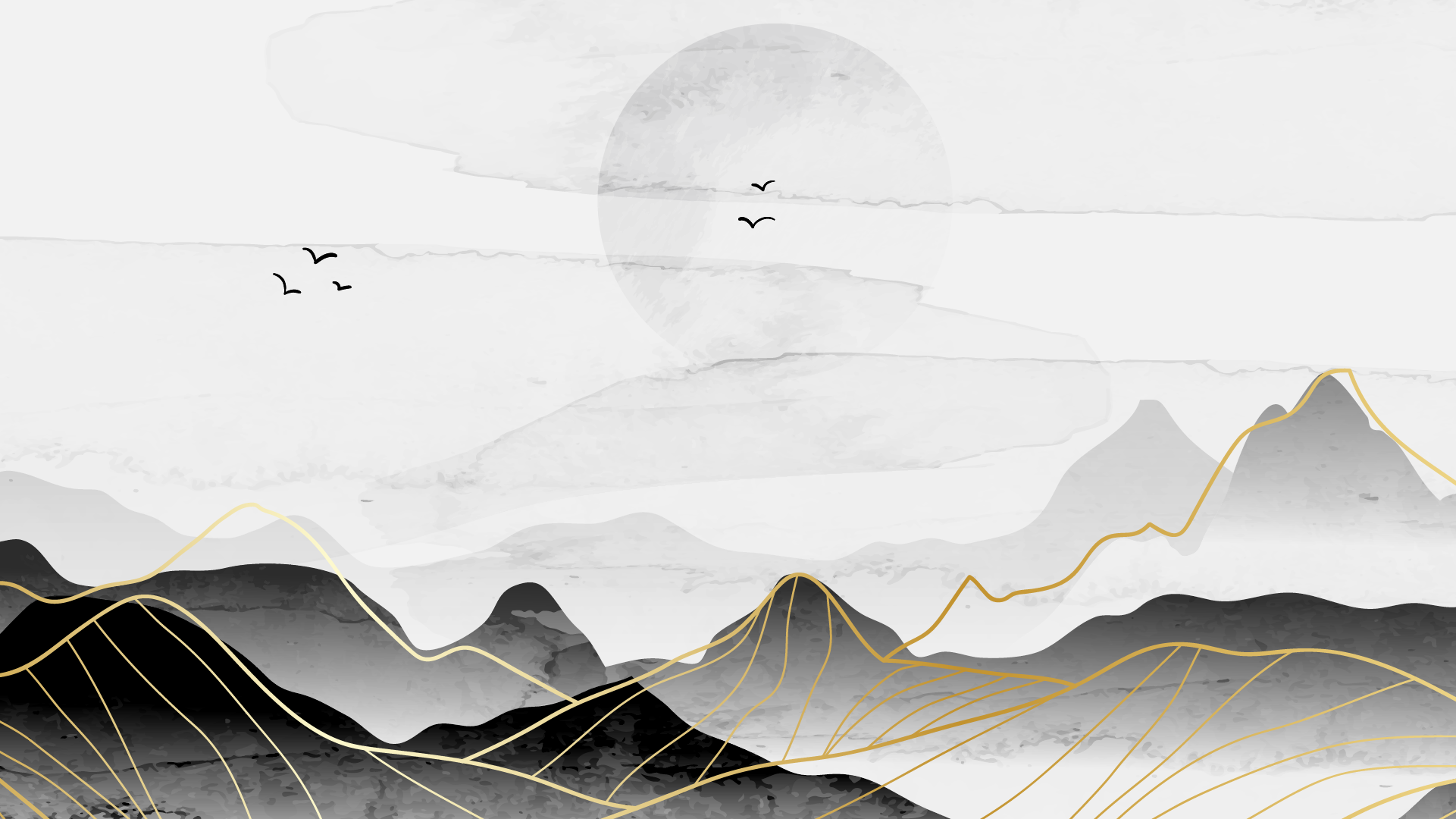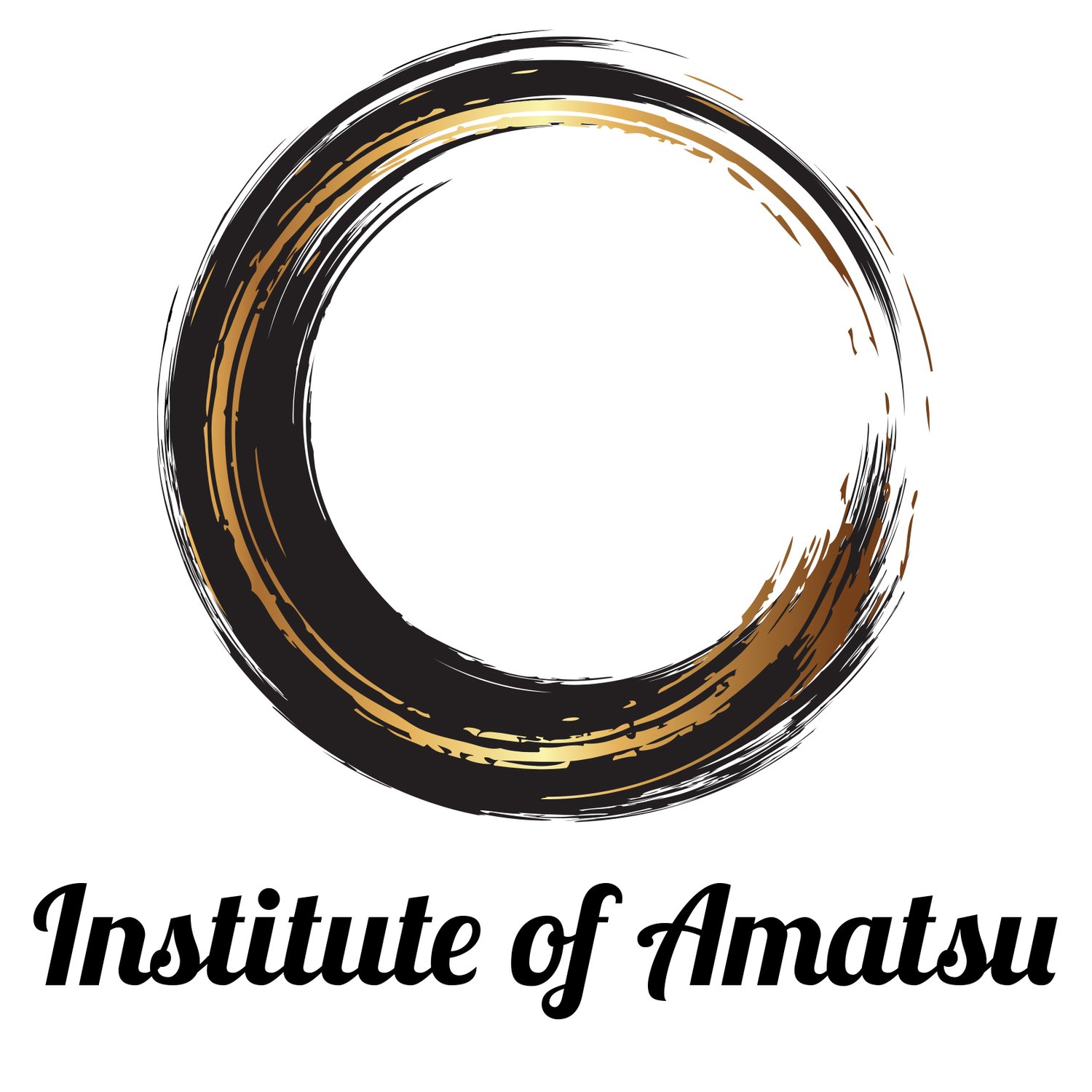
Frequently Asked Questions

FAQs
-
The fee for each level (Anma level or Seitai level) is €4,250.
You may wish to leave a deposit of 50% (€2,125) on enrolment and pay on or before your 2nd weekend of direct learning.
There is a €300 discount per level if you pay €3,950 up front – prior to your course commencement.
There are some financial institutions that are favourable to offering education loans - where you can finance both of the Anma and Seitai fees upfront and arrange an instalment plan and a term to suit your needs. You will find a list of these institutions HERE.
Please note - subject to being offered and thus accepting a place, you are committing to accepting the contract to pay the fees for both levels Anma and Seitai.
-
4 Weekends - 8 days of direct learning per level
Online zoom Q&A with your tutors - 4 per level (Usually 60 min on an evening)
10+ Hours per week of study & peer study group practice
Submission of case study logs, homework, presentations and project material
Pre study – material to be learned prior to each class which will be quiz tested.
Homework – research to be conducted in a timeframe that will be submitted after each class in an allocated time frame.
Case study – logged treatments to be submitted for inspection at predetermined times.
Logbook/student journal – logged revision and practice over direct learning recesses.
Annual submitted project -presentation or submission on a topic chosen by tutor.
Each level is concluded with 3 examinations.
- Amatsu Theory (written) 2 hours
- Anatomy & Physiology (written) 2 hours
- Amatsu Practical 2 Treatment Demonstration
This is initially a two tier level training programme and you are committing to both levels Anma and Seitai. Your commitment includes full attendance, the particulars of the student charter (which we will send for your consideration once we have reviewed your application). Subject to being offered and thus accepting a place you are committing to accepting the contract to pay the fees for both levels Anma and Seitai.
-
We look at a range of criteria to make a valid assessment to help determine if an individual is eligible to attend and likely to complete the course. We consider your level of educational attainment to date, your experience of Amatsu, etc.
The application form is step 1. We seek references and/or Garda vetting, consider related courses that you may have done. Applicants are shortlisted for interview and may be invited to attend an open day at one of our classes. Our demand for places always exceeds the places we have. So we do our upmost to ensure selecting the very best applicants.
-
An assessor will advise you on the aspect of the criteria that the panel feel if improved would enhance your application chances.
-
You will get an initial response to your application within 10 days and, if your application is successful you will be contacted to arrange and begin the more comprehensive selection process.
-
Modules 1 & 2 Anma are compulsory for anyone starting at Anma level. This is the precursor to any further learning. You must successfully pass your Anma exams before you can start the Seitai course modules.
-
Once you sign the Student Charter which will be sent to you upon acceptance onto one of our courses, and pay the corresponding fee, there are no refunds. Cancellations due to illness will be considered on a case-by-case basis.
-
All our course participants will have access to a members library of online videos specific to their level. So Anma students will have access to videos for the Anma modules and Seitai students will have access to videos relevant to the Seitai modules, etc.
-
Yes, this is a pre-requisite for being admitted onto one of our courses.
-
The online content is only relevant if you are paying the full course fee and attending the in-person trainings. We are not currently offering a digital-only version of our courses.
-
The Institute of Amatsu (IOA) courses are affiliated to Amatsu Therapy International.
-
Initially you have 2 levels to complete (Anma & Seitai) to attain the recognition and competence skills of and Amatsu Practitioner/Therapist.
However, although you will be highly skilled after this period you could spend the rest of your life studying the wonderful subject.
As your curiosity will be stimulated so much by the marvels of the body, its nature and desire to recover, to be at its optimum and where you fit into this process, your inclination to learn more will be a natural evolution.
Delightfully there is continued professional development courses available for your progression and so you may maintain your association with the Amatsu Therapy International (the external governing body) plus get the best insurance coverage for your Anma/Amatsu practice.
-
You can practice after successfully passing your level 1 examinations (Anma). At this point you can set yourself up as a practicing Anma Practitioner/Therapist with insurance and a fee receiving clinic. This is a great option as you can hone your Anma skills while learning level 2 (Seitai).
On passing level 2 (Seitai) you may call your self Amatsu Practitioner/Therapist.
As an IOA qualified Amatsu therapist you will be both qualified and capable of offering a treatment service that will make a real difference for your clients. As such you shall add true value to the people who are seeking a route to addressing their various ailments. A privileged position to be in.
-
Anma is level 1 – the primary focus is on how to apply Anma techniques using bone and muscle awareness as your gateway to the result.
Seitai is level 2 - the primary focus is on how to apply Seitai techniques using ligament and fascia awareness as your gateway to the result.
Shinden is level 3 – taught in a workshop capacity, with a series of weekends that one can attend over a scheduled period with different sequence options. The primary focus is on how to apply Shinden techniques using viscera/organ awareness as your gateway to the result.
Kenku is level 4 - taught in a workshop capacity, with a series of weekends that one can attend over a scheduled period with different sequence options. The primary focus is on how to apply Kenku techniques using Cranial (Sacral) & Cranial Nerve awareness as your gateway to the result.
Biota Method - this is a workshop that is unique to the IOA. This Method is built on the spirit of movement, integration, connectivity, and awareness of your body and habitat/environment. This quality sits at the core of true Amatsu Therapy. Understand your body and mind, understand your connectivity with your surroundings both immediate, nature and universal and you shall undetrstand your skill better, by living at your optimum.
We have more detailed account of each level for you on the course page.
-
Work-life balance by enjoying a more flexible lifestyle.
Be your own Boss or work with likeminded individuals.
Pursuing passion by aligning your work with your interests.
Personal reinvention – redefine yourself professionally.
Personal growth: acquire new skills and experiences with opportunities for continuous learning and professional development
Job satisfaction: Find greater happiness in your work.
Satisfaction of working in a field where your work has a positive impact on people’s lives by directing people to improve their health and quality of life.
Job stability and security, as healthcare is a constantly growing industry, stable evolving field.
Improve your mental health, reduce the threat of stress and burnout.
Collaboration with other healthcare professionals to provide comprehensive care by expanding your professional connections.
Opportunities to work in a variety of settings including clinics, rehabilitation centres, clubs, etc.
Be adaptable and competitive in the evolving job market.
High earning potential: Increase or supplement your income.
Potential for a flexible schedule, with options for full-time or part-time work schedule.
High possibility of making a difference in your community by providing an effective aliment and injury recovery process and a health and wellness service.
A great chance to work with a diverse client population with varying needs and conditions.
The prospect of advancement within the field, such as moving into leadership positions or pursuing specialised areas of practice.
For any further questions please email us.

